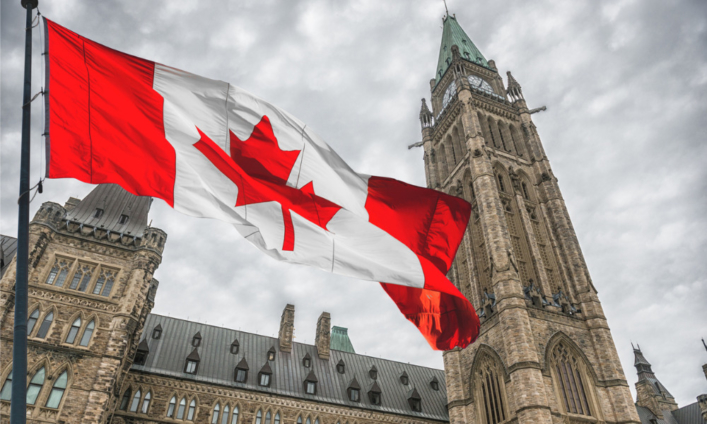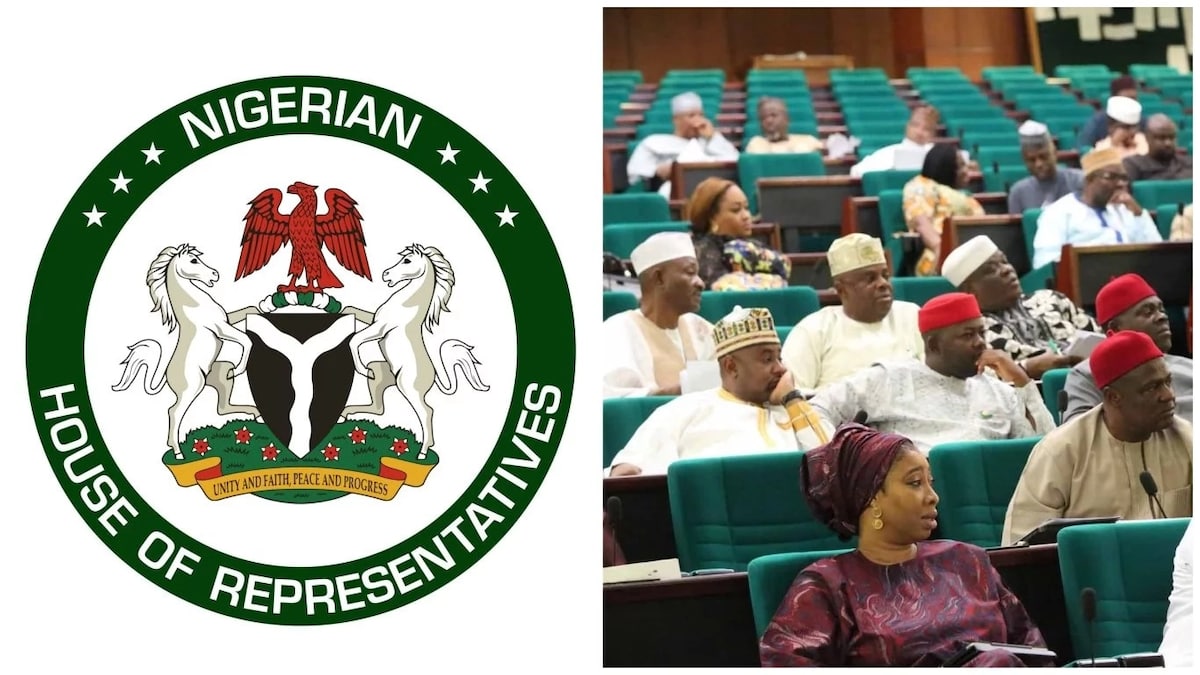In response to concerns about exploitative practices within the education system, the Canadian province of British Columbia has announced a two-year ban on admitting international students to tertiary institutions. The move is part of a broader effort to reduce new student visa issuances by 35% for the current year, as revealed by Federal Immigration Minister Marc Miller.
B.C. Premier David Eby emphasized the need to address issues within the international education system, citing its significant role in the province’s socio-economic framework. The decision aims to rectify concerns about substandard education, a shortage of instructors, and misleading practices by certain private institutions.
The B.C. Federation of Students, representing over 170,000 students, welcomed the changes as a positive first step. The Federation called for urgent attention to exploitative international recruitment and the dependency of public post-secondary institutions on tuition from foreign students.
Minister for Post-Secondary Education Selina Robinson outlined plans to enhance transparency in tuition costs for international students and establish expectations for maximum international student enrollment levels. New standards for institutions will include higher assessment criteria for degree quality, labor-market needs for graduates, appropriate resources, and student support.
The pause on admitting new international students will extend until February 2026. Robinson stressed the importance of preventing misleading practices by unscrupulous actors within the education sector. The province will increase inspections of schools to ensure compliance with standards and address concerns about student exploitation.
The announcement comes in the wake of challenges such as substandard education, faculty shortages, and instances of misleading information provided by certain private institutions. The move is seen as a proactive step to assess recent changes and the impact of the federal government’s decision to cap study permits, which has added strain on Canada’s housing market. Details on language proficiency standards at private institutions will be announced in March.

















